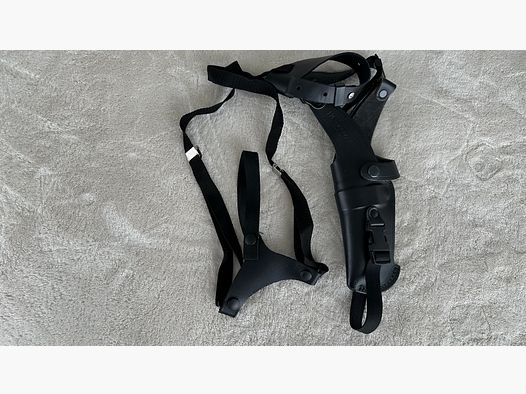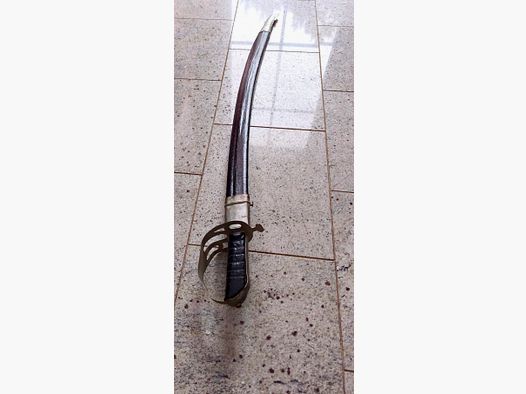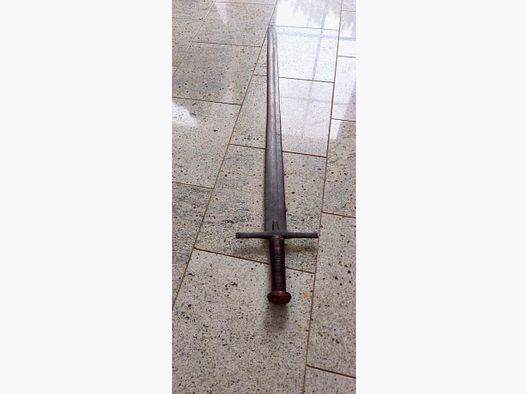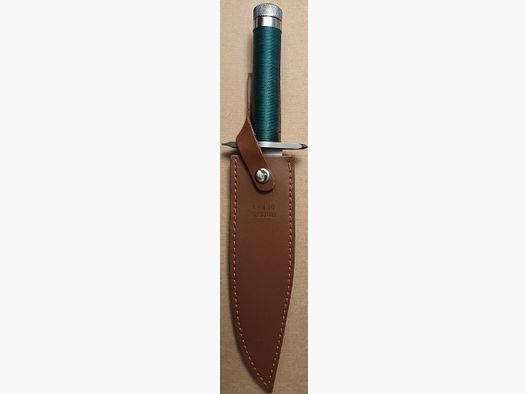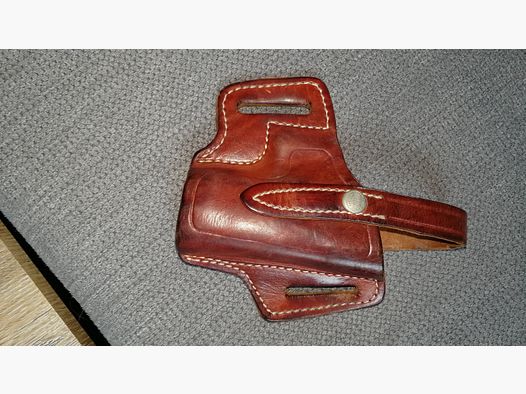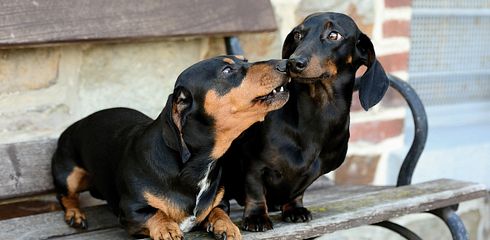What is a German Bracke?
The German Bracke is a very old German hunting and tracking dog breed. Due to its keen sense of smell, the German Bracke is also often used as a tracking dog by hunters and gamekeepers. It is also popular with rescue services as a search and rescue dog because of this.
Profile of the German Bracke:
| Height: | 40-53 cm |
| Weight: | 10-18 kg |
| Colors: | Tricolor or Dark: Red to yellow color |
| Coat structure: | dense, hard |
| Life expectancy: | 10-12 years |
| Suitable as: | Hunting and companion dog |
| Character: | Noble, Strong, Loyal, Alert |
| Need for exercise: | high |
| Water affinity: | high |
| Child-friendly: | rather yes |
| Social compatibility: | medium – high |
| Family dog: | rather yes |
| FCI Group: | 6: Scent hounds, tracking dogs, and related breeds |
What is the nature & character of the German Bracke?
The German Bracke naturally has a strong character and is considered very trainable and willing to work. It is a particularly enduring dog with an enormous sense of smell, which should be encouraged by the owner, as the active dog can quickly become under-stimulated otherwise.
Furthermore, representatives of the breed are considered extremely social towards humans and quickly and firmly bond with them.
Due to its hunting instincts, it has a very high need for exercise and also a certain sharpness towards game, vermin, and other small animals.
What does a German Bracke look like?
The German Bracke is a medium-sized hunting dog with a straight back line, a typical head shape for hunting dogs, and floppy ears. Its body structure is quite athletic.
German Brackes have an elongated head and long, upright legs. Overall, it has a harmonious appearance with a noticeably thick tail.
The entire body of the dog is covered with a very dense and hard coat, which is short-haired but can be slightly longer in some dogs. Characteristic for the German Bracke is the coat color. According to the standard, the German Bracke is tricolored with red or yellow fur and a black saddle.
How do you train a German Bracke?
Since the German Bracke is a passionate hunting dog, it is very important to control the dog's hunting behavior during training. If this is not possible, the German Bracke should only be allowed to run free in fenced areas, as it poses too great a danger to the local wildlife otherwise. Early training and imprinting on the owner are therefore essential to turn the working dog into a good companion for everyday life.
It is still actively used and bred for hunting, yet the German Bracke can become a good family dog. It is especially important that the dog gets enough exercise and stimulation. Dummy work, retrieving, and especially search games, tracking work, and all other activities that involve the nose are ideal for the German Bracke.
In training, it is important to have a clear line and to radiate confidence and calmness to the dog. Especially during the puppy and young dog phases, the German Bracke can be very impulsive and excited. Good calm training helps the dog remain relaxed and composed even in stressful situations later on. Otherwise, positive reinforcement can be used. Treats or the favorite toy as an incentive for obedience is the easiest way to a well-trained dog.
What diet is suitable for a German Bracke?
Like all hunting dogs, the diet of the German Bracke should be designed to provide it with the proteins and vitamins its body needs to meet the physically demanding challenges of hunting and leisure activities. The dog should also be fed as naturally as possible, meaning meat-based and balanced, to maintain its athletic physique.
A good method to provide the dog with large portions of meat is raw feeding (BARF). This food consists of raw meat from cattle, sheep, horses, and other livestock, excluding pigs. Raw pork poses health risks for dogs, e.g., due to the Aujeszky's disease.
Regarding a varied and balanced diet, it is also advisable to offer the dog cooked vegetables together with fresh meat, etc., from time to time.
Grains such as wheat, corn, etc., are simply not needed by hunting dogs, and when feeding dry food, it should always be ensured that such grains are processed in minimal amounts.
Some cooked rice is fine from time to time, and rice porridge can even work wonders for gastrointestinal diseases.
In general, an adult hunting dog should receive 2-3 meals a day, preferably at regular times, to establish a routine for a structured daily schedule.
Puppies need three to four meals a day. Small treats or pieces of sausage are suitable as rewards during training. Rewards and snacks in between should be considered in the total food amount. It is also important to ensure a constant supply of water for the dog. Practical water bottles with integrated bowls are available for on the go.
How do you care for a German Bracke?
The care of the German Bracke is very uncomplicated due to the structure of its coat. With its thick, smooth, and short coat, the Bracke is not particularly susceptible to dirt during normal outdoor activities.
If the German Bracke does get significantly dirty, it is sufficient to quickly remove dirt and debris from the coat using a brush with natural bristles and a comb with coarse teeth.
A bath or shower is only necessary in cases of severe dirt and is therefore quite rare. However, if the dog enjoys it, it can be occasionally bathed with dog shampoo as well.
What are the disadvantages of a German Bracke?
The biggest disadvantage of the German Bracke arises for non-hunters from the pronounced hunting instinct of the animals.
Inexperienced dog owners can quickly become overwhelmed by this, and the dog may become under-stimulated as a result. This can lead to numerous problems.
It is therefore important that the dog is sufficiently challenged and encouraged according to its instincts, and that the handler pays attention to adequate and breed-specific training.
Does the German Bracke fit me?
The question of whether a dog breed is suitable for someone cannot be definitively and generally answered for the German Bracke either. However, it is clear: The German Bracke is primarily a dog designed for hunters due to its pronounced hunting instinct and unwavering willingness to work, and should not be kept as a mere family companion or, even less so, as a lap dog.
If you are considering acquiring a German Bracke, you should seriously familiarize yourself with the breed profile beforehand and carefully consider whether you can meet the dog's needs and training requirements, and whether you have sufficient time and patience for this. The family circumstances of the coming years should also be taken into account.
The most important question to answer is: Does a German Bracke fit my life circumstances?





